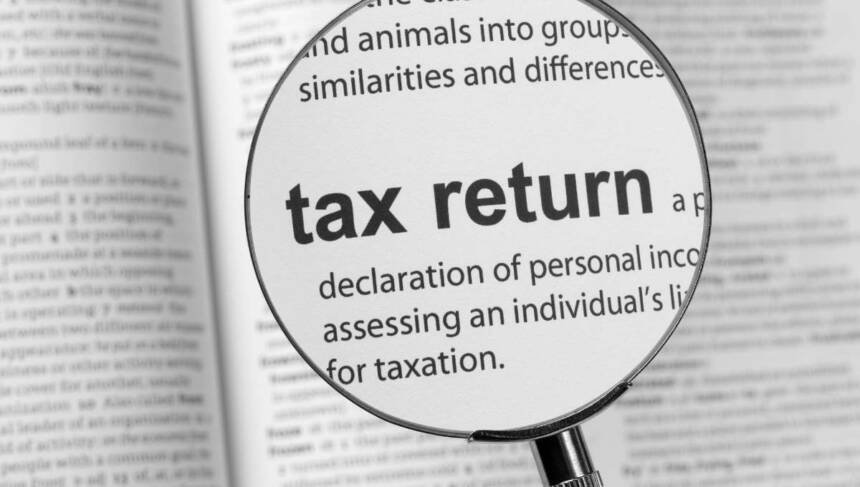A South Carolina man was sentenced to 2 years in federal prison for speeding and hitting a taxman. He tried to avoid paying taxes on his construction business for 4 years by filing fake tax returns.
Prosecutors revealed that Timothy Blackman, a Daniel Island contractor involved in construction and remodeling in Auburn, New York, completely refused to file his returns and pay any income taxes between 2007 and 2010.
In June 2010, when Blackman learned he was being investigated for non-payment of taxes, he immediately submitted a false 2007 tax return that greatly understated his business income.
In addition to the 2-year sentence, Blackman must also serve 1 year of supervised release and still owes taxes, interest and penalties.
The Justice Department said that from 2007–2010, Blackman, as the sole owner of his contracting company, chose not to file required returns or pay income taxes owed to the federal government.
The IRS people eventually found out about the violations, leading to a tax fraud investigation in June 2010.
After discovering that he was being investigated for not paying taxes for 4 years, Blackman immediately filed a fake 2007 personal tax return that actually understated how much money his business had made. .
Blackman was trying to fool investigators into thinking he had made some innocent errors on his taxes rather than intentionally deferring tax payments for years.
Making false filings is actually another felony offense on top of the whole tax evasion issue.
In the end, Blackman’s bizarre attempt to conceal the truth failed completely and he was charged with two serious crimes.
Acting Assistant Attorney General Stuart M. Goldberg said, “Filing a false tax return to hinder an investigation is a serious crime with serious consequences, as this defendant learned.”
The Justice Department is really cracking down on tax crimes, with penalties ranging from 2 years in prison and hefty fines of over $100,000 for unpaid taxes. They want to ensure that tax offenders face the same stringent consequences as those involved in other financial crimes.
The case also highlights the dangers of trying to hide unpaid taxes when called upon by the IRS rather than opting for a forgiveness or repayment plan.



